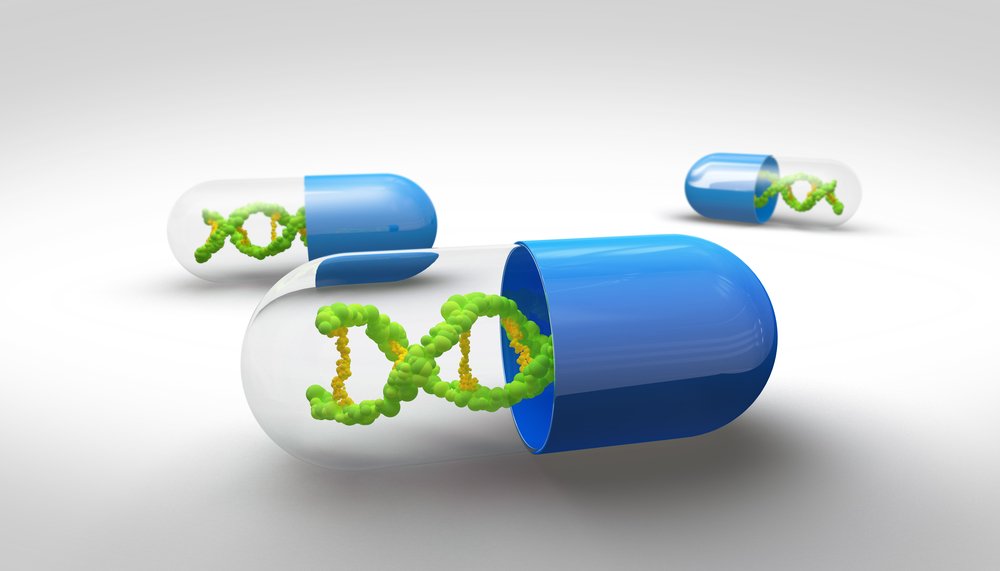uniQure Updates Gene Therapy Program in Treatment of Hemophilia B

Recent advances in gene therapy approaches to treat hemophilia B were recently announced by uniQure.
The company achieved “substantial progress in advancing our lead program in hemophilia B,” Matthew Kapusta, CEO of uniQure, said in a press release. The company reacquired the development and commercial rights to its hemophilia B program from Italy’s Chiesi.
The promising data from studies with AMT-060 showed “safe and long-lasting clinical benefits in patients with severe hemophilia B, as well as the potential to treat nearly all patients suffering from this life-changing disorder.”
“We are embarking on a very busy and equally productive second half of the year, and we look forward to providing additional company updates,” Kapusta added.
Included in the results from the hemophilia B and other gene therapy programs, the company announced optimization and scale-up of manufacturing processes.
This will be extended to the company’s other programs, including AMT-130 in Huntington’s disease, for which uniQure plans to file an investigational new drug (IND) application, a key step in the clinical development of a drug, in 2018.
uniQure aims to start a pivotal program in hemophilia B in 2018 and is planning to meet with U.S. and European regulators this year.
uniQure presented data from its ongoing Phase 1/2 study (NCT02396342) of AMT-060 in severe hemophilia B patients at the International Society on Thrombosis and Hemostasis (ISTH) Annual Congress July 8-13 in Berlin, Germany. The results were from the 18-month follow-up from the study’s low-dose cohort and the up to 12-month follow-up from the higher-dose group.
All 10 patients showed amelioration of their disease as measured by reduced replacement therapy of factor IX, which is missing or defective in hemophilia B, and bleeding frequency. Annualized factor IX consumption decreased by 79 percent in both groups. No spontaneous bleeds were reported in the last six months of follow-up in the higher-dose cohort. This group demonstrated an 84 percent reduction in the annualized spontaneous bleed rate compared to the year prior to gene therapy.
The company also presented new clinical data suggesting that the gene therapy approach with AAV5 (a type of virus that selectively delivers the therapy to the target) could be applicable to nearly all patients with hemophilia B. These promising results were observed in three patients who showed increases in factor IX production, despite the presence of pre-existing neutralizing antibodies (NABs) to AAV5, which may complicate the effectiveness of treatment.
To date, intravenous AAV5-based gene therapies have been administered to 18 patients in two clinical trials with no inflammatory response.
The company’s gene therapy product based in AAV5 has been manufactured in insect cells. uniQure announced a newly issued patent (Hermens ‘627) providing broad protection of intellectual property.
uniQure also showed new preclinical data at the American Society of Clinical and Gene Therapy (ASGCT). These results included successful AAV5 therapy in non-human primates with pre-existing anti-AAV5 NABs. The company believes these results suggest that AAV5-based gene therapies may be successful in more patients than initially anticipated.






